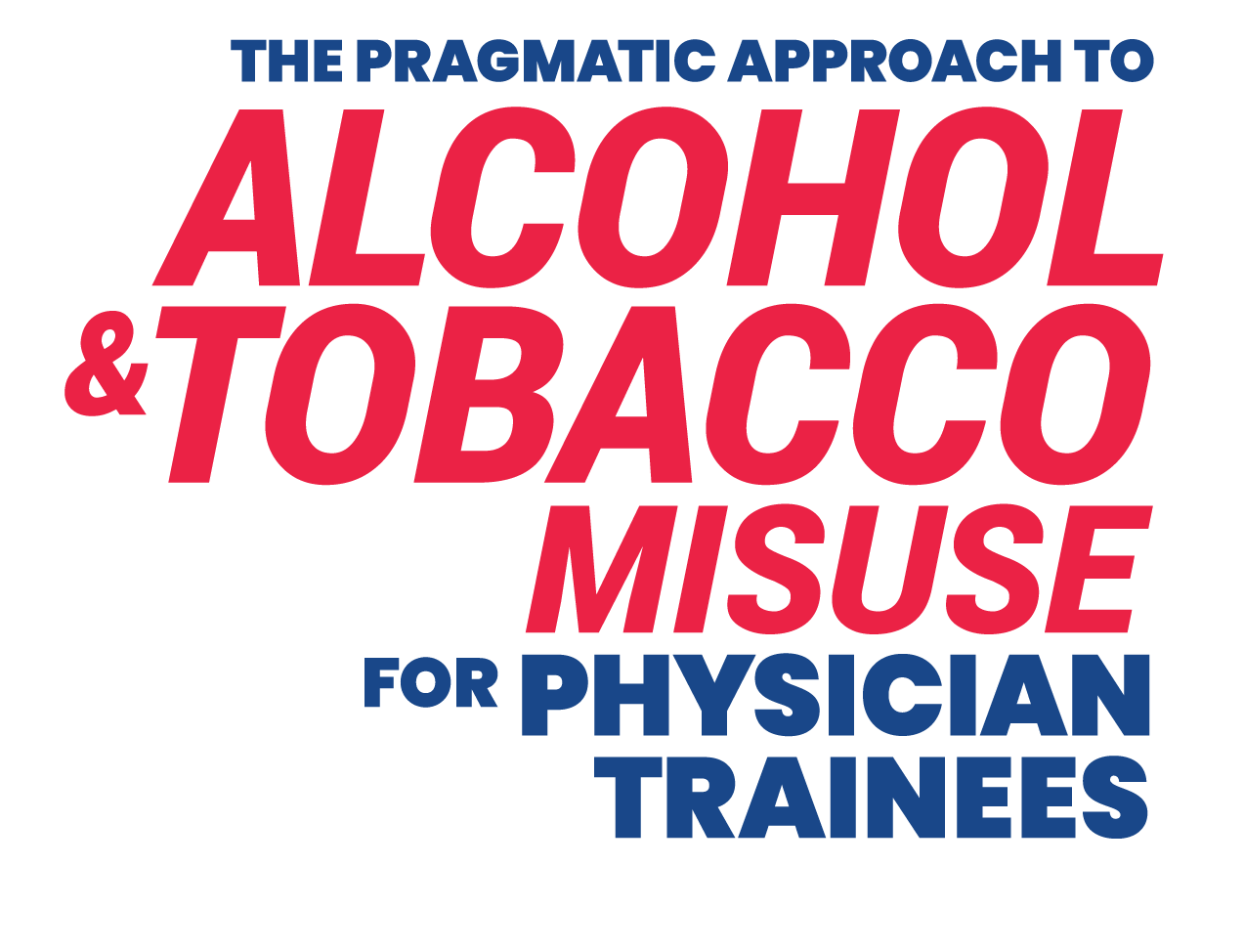
This video is provided to help you understand the basic principles that underly the management of alcohol use disorder and tobacco use disorder. This talk can contribute 2 hours of CPD points
IN THIS VIDEO WE COVER THE FOLLOWING TOPICS
Understanding Addiction:
Dr. Ferghal Armstrong starts by explaining the diagnosis of addiction, emphasizing the complex interplay of biological, psychological, and social factors that contribute to the development and maintenance of addictive behaviors. Addiction is recognized as a chronic disease characterized by compulsive drug-seeking and use despite harmful consequences.
Phases of Alcohol Withdrawal:
He then delves into the phases of alcohol withdrawal, highlighting the acute symptoms such as tremors, anxiety, and sweating, followed by more severe manifestations like seizures and delirium tremens. Understanding these phases is crucial for effective management and prevention of complications.
Management of Alcohol Withdrawal:
Dr. Armstrong discusses the management strategies for alcohol withdrawal, which often involve the use of benzodiazepines to alleviate symptoms and prevent seizures. He stresses the importance of careful monitoring and gradual tapering of medication to prevent rebound symptoms and relapse.
Benzodiazepines:
Benzodiazepines are a cornerstone of alcohol withdrawal management due to their ability to reduce withdrawal symptoms and prevent complications such as seizures and delirium tremens. However, their use requires careful consideration of individual patient factors and potential risks of dependence.
Thiamine and Wernicke's Encephalopathy:
Thiamine supplementation is essential in the management of alcohol use disorder to prevent Wernicke's encephalopathy, a potentially life-threatening neurological complication characterized by confusion, ataxia, and ophthalmoplegia. Timely administration of thiamine can help mitigate the risk of irreversible brain damage.
Nicotine Dependency and Smoking Cessation:
Shifting focus to tobacco use disorder, Dr. Armstrong addresses nicotine dependency and the challenges associated with smoking cessation. Nicotine addiction is recognized as a significant public health concern, with profound implications for both physical health and quality of life.
The 5As of Smoking Cessation:
He introduces the 5As framework for smoking cessation, which includes Assess, Advise, Agree, Assist, and Arrange. This approach emphasizes the importance of personalized interventions and ongoing support to help individuals quit smoking successfully.
Pharmacotherapies for Smoking Cessation:
Dr. Armstrong outlines three main pharmacotherapies for smoking cessation: nicotine replacement therapy (NRT), varenicline, and bupropion. Each of these medications works through different mechanisms to reduce cravings and withdrawal symptoms, increasing the likelihood of long-term abstinence.
Meducate® is a registered trademark in Australia
